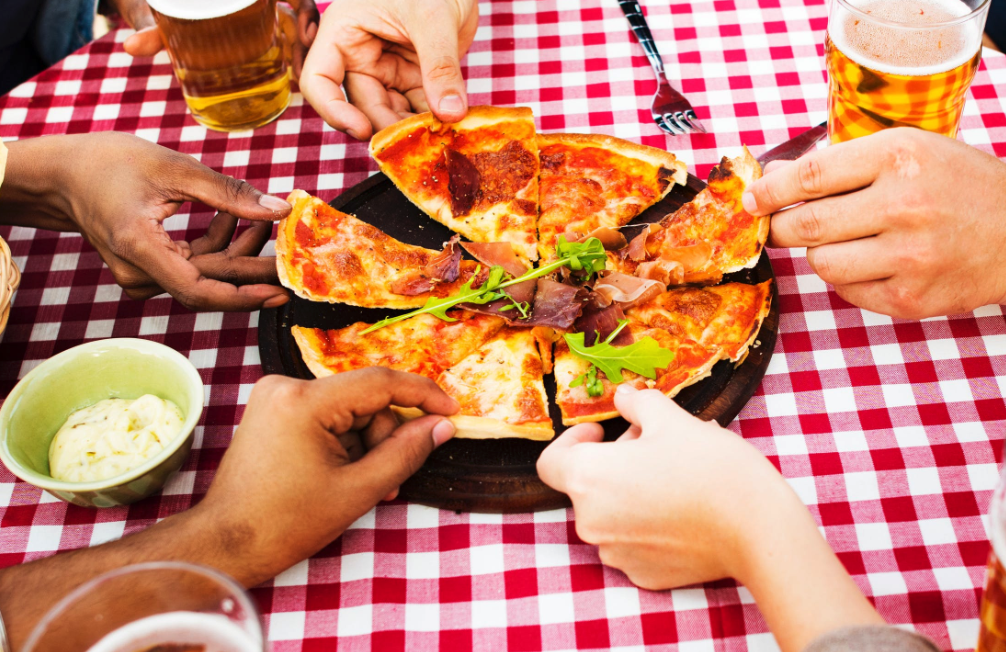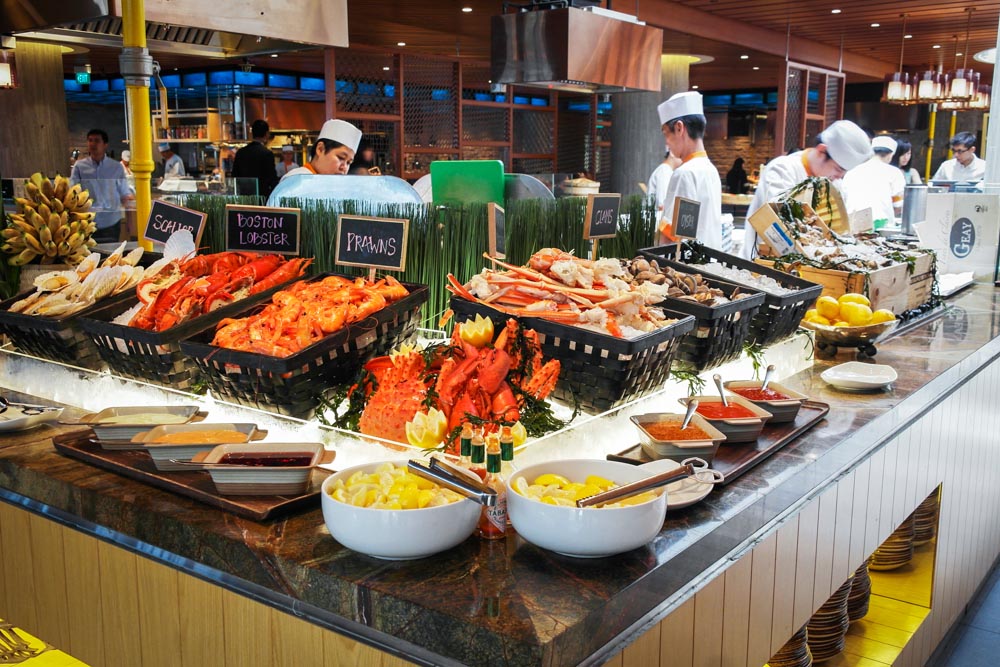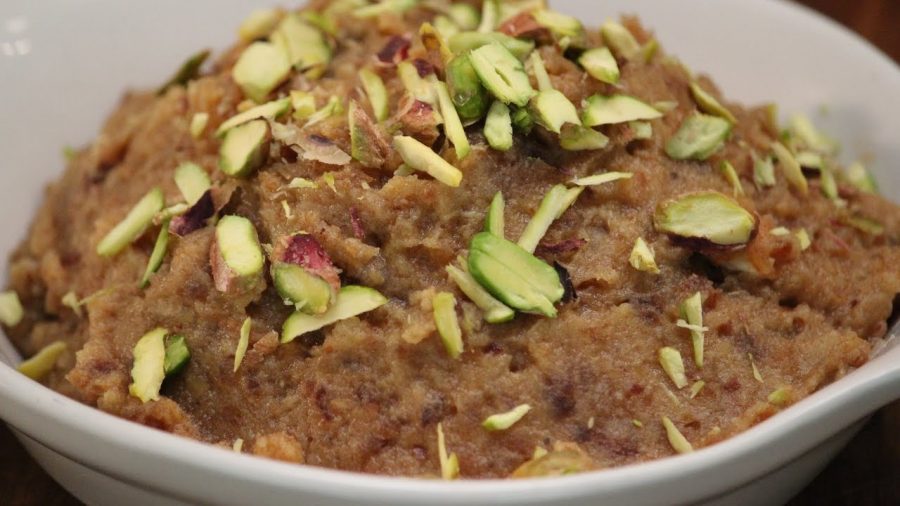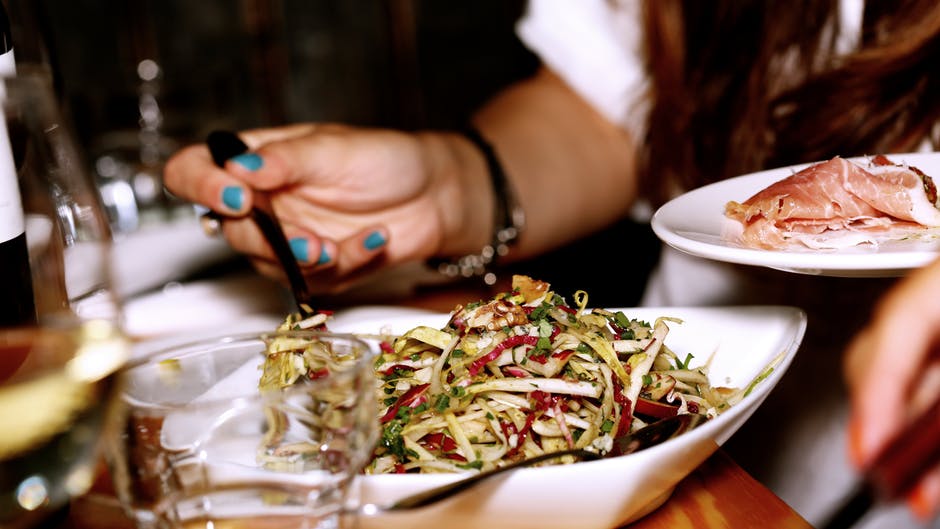Every year in the UK there are in excess of 850,000 cases of people reporting some level of food poisoning, according to statistics produced by the Food Standards Agency (FSA). Food poisoning can have symptoms ranging from a mildly upset stomach to serious illness and in some cases death can occur as a result of eating tainted food.
The majority of people believe that food poisoning is most commonly the result of easting something while you are out, either at a restaurant or fast food place, but what they fail to realise is that the majority of cases occur through contamination in the home. Food retailers that cater to the public have stringent set of health and safety rules relating to the way that they handle food, that we at home do not. At home our methods are more lax, less careful and more open to the occurrence of contamination.
No one likes to admit that there are germs in their home, but of course there are and there are a number of ways that they can make their way into the food that you prepare for yourself and your family.
Hygiene
It is the simplest piece of advice, but one of the most effective when it comes to limiting your chances of getting ill. Wash your hands. Wash them after going to the toilet, touching the family pet and blowing your nose. Make sure that you wash your hands before you start handling food and then wash them again when you have finished handling any raw foods such as meat, fish, vegetables or eggs.
Be sure to use hot water and soap too, a simple rinse under running water is the same as not washing your hands at all. Make sure that all of your kitchen surfaces are clean before you start preparing any food on them, and then clean them all down again when you have finished. Ensure that any dishcloths you use and tea towels are washed regularly. A damp cloth you have used to wipe a surface is the perfect breeding ground for germs.
Good Practices
- Chopping boards can harbour germs so try and be sure to use a different coloured board for the different foods that you prepare for example one for raw meat and one for vegetables etc. Germs from a chopping board can spread easily onto the surface on which it is placed, and can transfer germs from one foodstuff to the next.
- Think about where you store your raw meat. It needs to be kept well away from food that is ready to eat such as bread or fruit. Raw meat in the fridge should always be covered and stored on the lowest shelf of the fridge so that any drippage does not contaminate other foods.
- When cooking foods you need to ensure that it is properly cooked and piping hot before you serve it to your family. Check the temperature of your fridge, it needs to be running below 5’C so that any bacteria on the food in there cannot grow and multiply.
- Leftover food needs to be cooled quickly, covered and stored in the fridge until you use it, but is should be used within two days.
Visit Studio William Cutlery now for more information on all aspects of food and dining.





